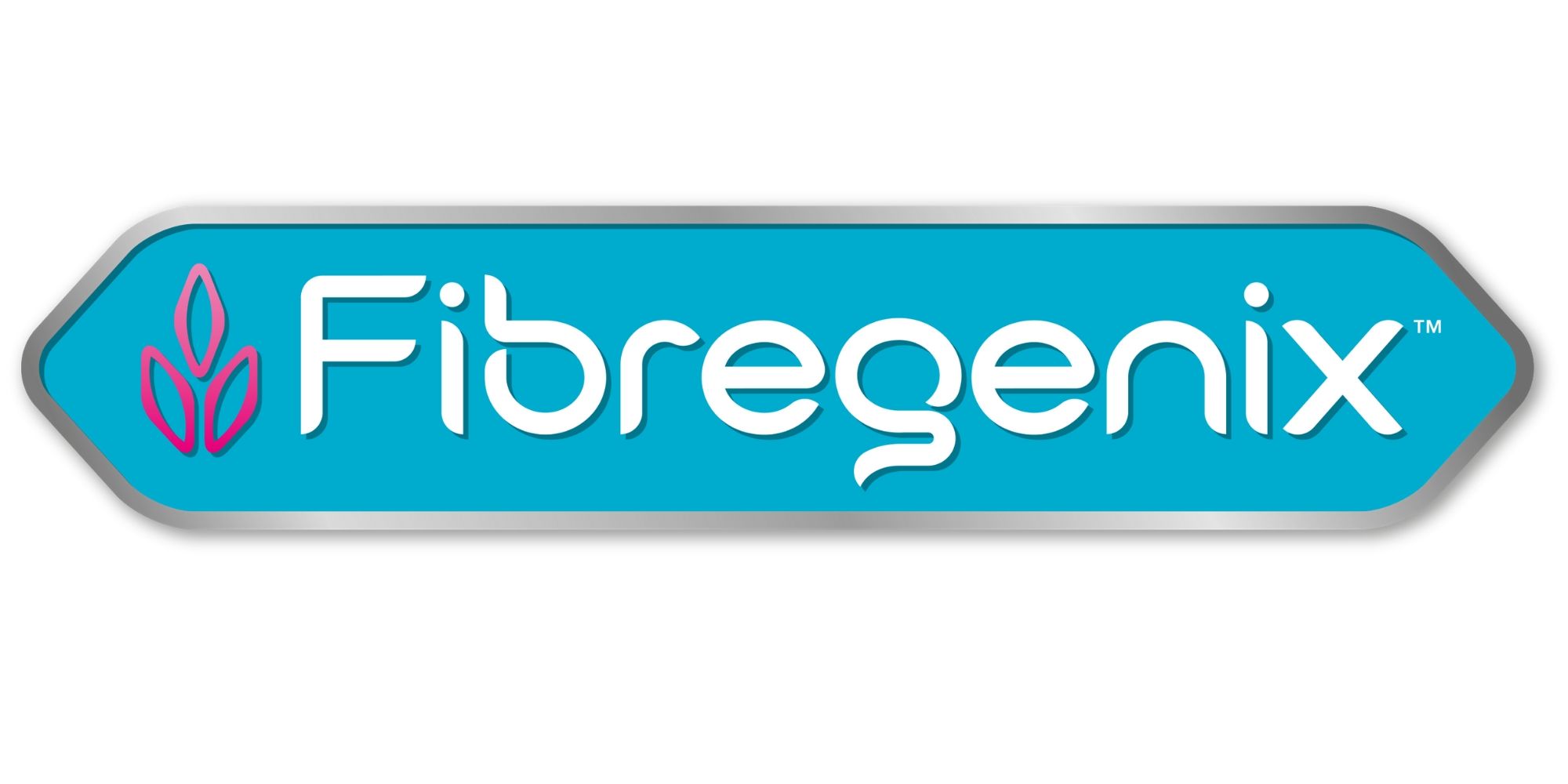Nucleotide benefits to Performance Horses

Which horses will benefit from it?
Competition horses:
Performance horses always require high levels of cell proliferation. Providing additional nucleotides can result in better production, absorption and utilisation of oxygen and a level heart rate during exercise. Furthermore less cells are broken down enabling more active red blood cells. Importantly, this gives rise to an increased oxygen carrying capacity and much lower levels of lactic acid build up. This means a reduced risk of azoturia and provides better recovery after exercise.
Horses under extreme stress
For example, those travelling, competing or in hard training. Also those recovering from antibiotic treatment or severe digestive upsets such as scouring. Nucleotides will promote a healthier digestive system.
Veteran horses:
Nucleotides will help to promote excellent health, condition and weight in veterans. Furthermore, adding nucleotides will help ensure a healthy digestion and aid the immune system when required. Both of which are often compromised with old age.
So what are Nucleotides?
These molecules make up the structural units of DNA and RNA within body cells. They’re essential to create new cells in the horse’s body and for oxygen transportation around the body. A horse’s natural diet contains low levels formed by horses’ bodies ‘recycling’ dead cells. However, recent research has proven there are enormous benefits in feeding additional nucleotides.
There are very few companies that are giving horse owners the added benefits from feeding Nucleotides to their horses. Fibregenix is the only feed balancer company in Australia to include purified nucleotides. The Fibregenix feed balancers – Prime Original, Platinum Pro and Lami Low-Cal contain a purified nucleotide supplement, which has a 95% availability rate, to balance the limited levels of nucleotides available in the current diet.
A Unique Feed Ingredient
Horse feed ingredients generally contain very low levels of nucleotides. These have a very low availability to the horse (around 5-10%) due to their protein coating.
As can be expected, innovative ingredients such as these come with a high price. This is why few feed companies are providing horses with the benefits that nucleotide supplementation can provide.
Promoting performance
1) Rapid cell replication
There are many cells/areas requiring rapid cell multiplication. These include immuno-competent cells, gastrointestinal cells, intestinal flora cells, liver cells and cells of reproductive organs.
2) Fitness, Stamina and Fatigue
Nucleotides help improve the production of red blood cells so more oxygen can be transported around the body. This in turn improves levels of fitness and stamina. Additionally, it helps reduce the onset of fatigue and the level of lactic acid produced.
3) Muscle Recovery and Function
By reducing the number of steps needed to form cells, recovery rates are increased for muscles that undergo stress. This is vital during training schedules. In other words, the better and faster these muscles recover, the better the muscle function.
4) Injury recovery
Increased oxygen transportation provided by nucleotides allows more oxygen to get to the damaged area. Therefore combined with the increase in the rate of cell replication, this helps to reduce injury recovery time.
Aiding Digestion
1) Digestion and Nutrient Absorption
Nucleotides can increase the length and surface area of villi that line the intestines. These finger-like projections are responsible for absorbing the nutrients, vitamins and minerals from the food the horse consumes. By increasing the length and surface area of these villi, more nutrients, vitamins and minerals are absorbed from the food.
2) Intestinal development
Nucleotides optimise the natural protective mechanisms of the mucosal lining to maintain a healthy GI tract. They do this by increasing the length and number of villi which are vital for mucosal development. Importantly, this is the first line of defence in the gut. Through increased availability of genetic precursors, nucleotides increases mucosal thickness and protein levels. Additionally, Nucleotides also speed up intestinal recovery after chronic diarrhea and intestinal damage.
Aiding Immunity
Did you know that 70% of an animal’s immune system is in the GI (gastrointestinal) tract? Therefore the immune system is directly affected by how healthy the digestive system is. Nucleotides can help the replication rate of immune cells. In turn, this helps the horse’s immune system to fight bacterial and viral infections.
Nucleotides are immune facilitators (not stimulators). So, they only help when needed by the immune system to respond to and destroy a disease/infection.
Conclusion
Key Points about Nucleotides
Essentially, there are 5 nucleotides that must be provided in balanced amounts to allow for absorption.
Nucleotides are naturally available through recycling dead cells (inefficient). From the liver (level available reduced under times of stress/disease). Through cellular production (slow), and from the diet (low levels & low availability).
Horses can’t store nucleotides, which is why they require a readily available source.
Nucleotides need to be readily available to horses which are
– Under stress
– Suffering from low immunity
– During growth (e.g. foals/youngsters)
– Under high productive performance (e.g. breeding)
– Undergoing high levels of exercise
Reviewed and updated Feb 2022
